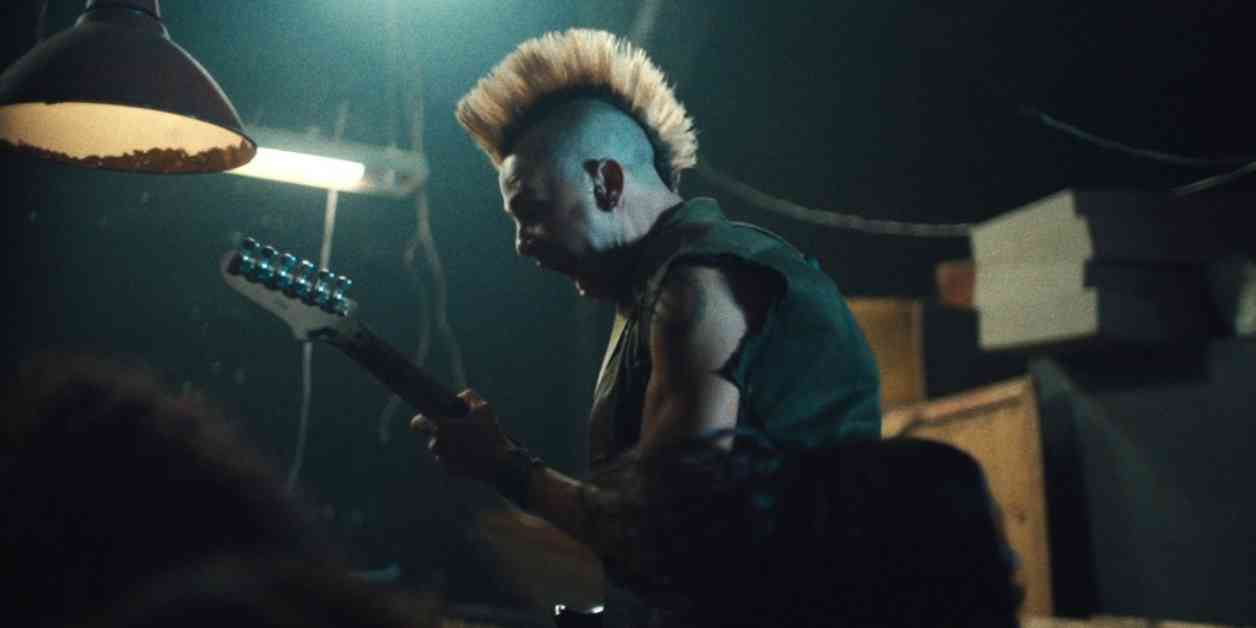Los Frikis: The Cuban Punk Rockers Who Intentionally Gave Themselves HIV/AIDS
In the early 1990s in Cuba, a group of young, disenfranchised individuals made a shocking and controversial decision that would change their lives forever. The coming-of-age movie “Los Frikis” sheds light on the harrowing true story of hundreds of Cuban punk rockers who intentionally injected themselves with HIV during the height of the AIDS epidemic. The film showcases their desperate attempt to escape political repression by seeking refuge inside government-run clinics, or sanitariums, a decision that had profound and tragic consequences.
Life Inside the Sanitariums
The Cuban sanitariums, though credited with containing the spread of HIV on the communist island, were not the haven these young individuals had hoped for. Described as a “pretty prison” by Dr. Jonathan Mann, the first AIDS director at the World Health Organization, the clinics offered a mix of confinement and unexpected freedoms. Inmates received medical care, food, and even their old salaries, and were able to engage in art classes and form theater troupes. The environment allowed for gay men to live openly together, a stark contrast to the macho culture prevailing outside.
The Rise of “Los Frikis”
“Los Frikis” chronicles the story of a group of young individuals who sought refuge in the sanitariums amidst Cuba’s increasing isolation following the fall of the Berlin Wall. Faced with government crackdowns and a repressive regime, these punk rockers believed that intentional infection with HIV was their ticket to freedom. Punk bands emerged within the medical centers, inspiring others to follow suit. However, the harsh reality of AIDS would soon claim the lives of many, leaving behind a legacy of tragedy and defiance.
Connection Through Music and Resilience
As the film delves into the lives of these courageous individuals, it highlights their resilience and the power of community in the face of adversity. Through the characters of Maria and Gustavo, portrayed by Adria Arjona and Eros de la Puente, viewers witness the transformative journey of the “Frikis” from outcasts to relatable figures seeking healing and connection. Their story serves as a poignant reminder that even in the darkest of times, love, friendship, and solidarity can offer solace and hope.
Arjona and de la Puente’s portrayal of the characters brings to life the emotional depth and vulnerability of the “Frikis” movement, challenging stereotypes and showcasing the humanity behind the punk rock facade. The film’s release in select theaters nationwide promises to shed light on a lesser-known chapter of Cuban history and the enduring spirit of those who dared to defy the odds in pursuit of freedom and self-expression.
